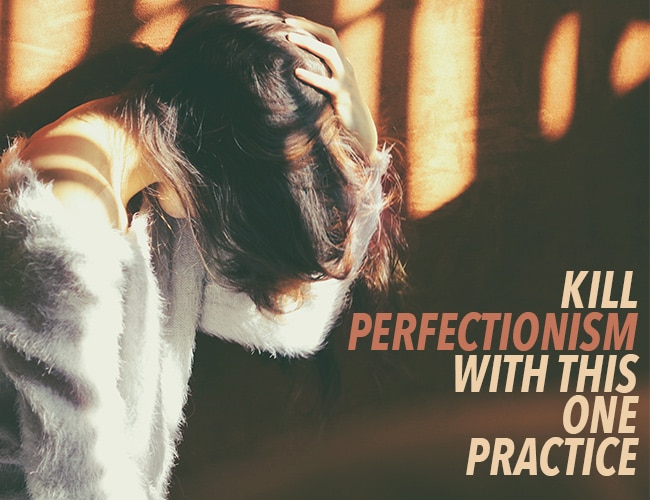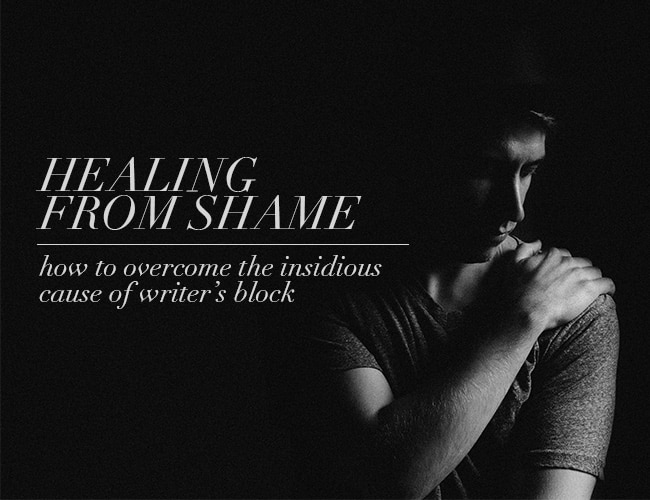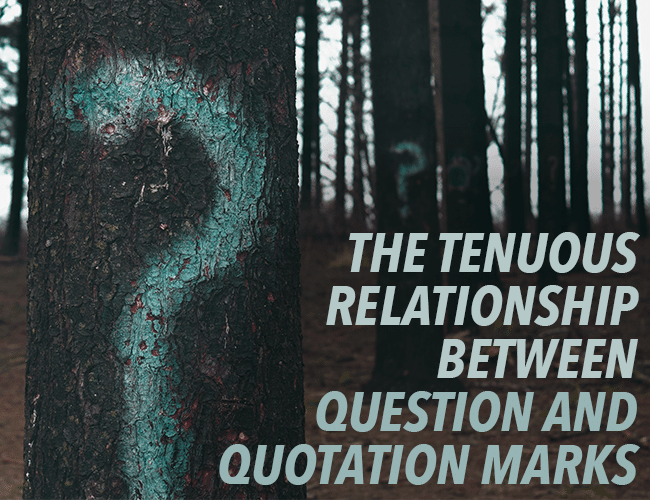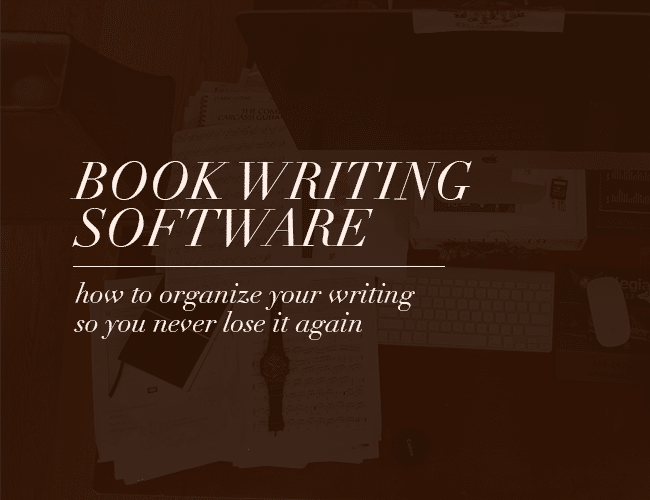Ten years ago, I never would have believed I would be able to finish writing a book.
I always wanted to be a writer, but writing was so difficult for me. In middle school, I struggled with every writing assignment. In high school, my friends always got better grades on their essays than I did. I had such a hard time writing that I majored in it in college. I felt that if four more years of school couldn’t help me, nothing could.
I don’t think I’m alone in this, either. Many of us struggle to write. Today, I’m unpacking what made writing so hard for me as well as the strategies I’ve developed over the years.











